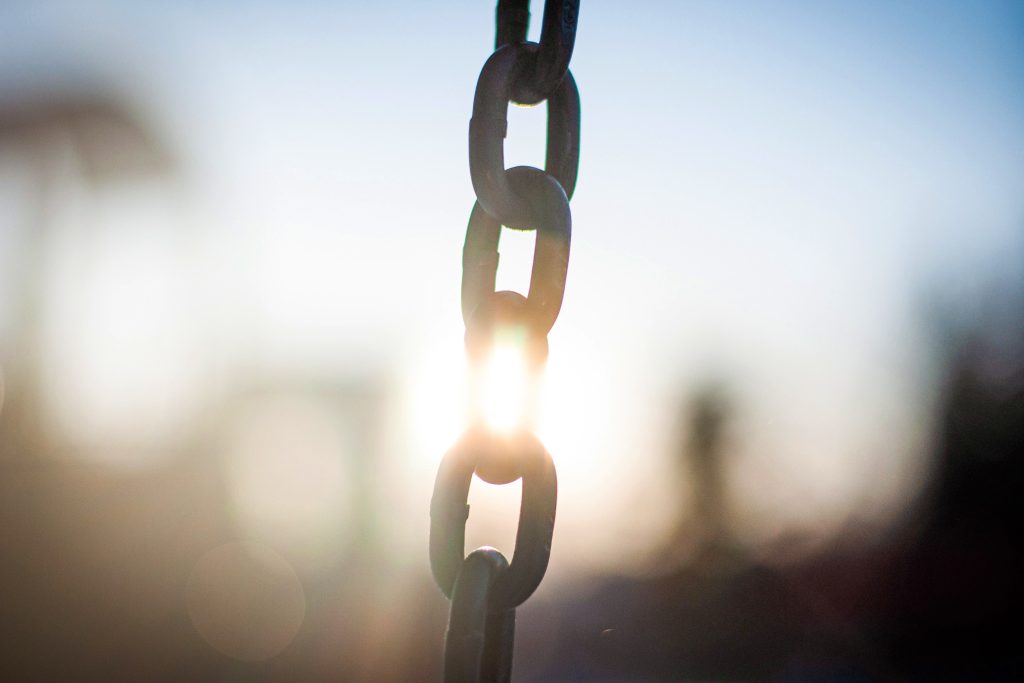
The International Day for the Abolition of Slavery on 2 December each year, is the day allocated for all nations to consider the crime of slavery against humanity.
I cannot ignore it as I have been close, very close to seeing the consequences of it.
In a village where I lived while missioned to Cambodia, the houses were tight packed; the people of the villagers knew their neighbours and cared about them. A lone mother of six children lived in the house on stilts next door next door to my smaller house. We were within about fifty metres from the road where we could buy fresh food; bundles of green vegetables and fish swimming in buckets of water were sold at the kerbside. We wove our way between neighbouring houses to reach it. Without electricity you eat fresh! One evening when the sun was lowering on the horizon, I gave a wave to the 15-year-old daughter of my next-door neighbour as she set off shop for the evening meal. She did this every evening, but this evening she didn’t come back. Her mother raised the alarm. Sopheak, I’ll call her that, was a dependable child, her mother’s close companion.
I had a connection with an American working in the UN Peace Keeping Force so I could quickly report Sopheak as missing. He told that girls of her age were being picked up to be sold for prostitutes for the soldiers in a military base, a four-hour drive away through the war zone. He would personally try to track Sopheak. It took several anxious weeks before she was rescued and returned, crouched in the back of a ute with the UN flag. We were given the routine advice. Keep all men away from the house; remove from the house any knives, rope or sharp instruments that she could use to kill herself. She crouched in a foetal position in a corner until her determined mother managed to entice her to drink, then to eat.
The second story I must tell is less dramatic, though with as great an impact. Our village was part of Battambang Province. Across the flatlands there was a patchwork of rice fields each owned by a family. All members of the family would labour to till their small plot, wait for the rains, plant out seedlings one by one into the flooded field, harvest by hand, thresh for the grain and take it to the rice mill run by businessmen. At first, I couldn’t understand that the farming families called the next two months ‘the hungry time’. They were never paid on delivery; when they became desperate for food or for medicine they would be forced to borrow from the businessman. The next year the same would happen then there were two debts to repay and so on. They could never be free.
This also is also slavery; the trap of working for another’s gain while losing all freedom and dignity. It is called debt bondage. I could add to the list: forced domestic servitude, forced labour, exploitation of migrant labour, human organ harvesting.
Back to the Battambang debt bondage. One village with a determined woman in the lead, managed to develop a co-operative rice mill that the village would own. On the day that rice grain is brought to the mill, the farmer is paid. Now there are rice mills operating across Battambang. They are co-ops. The profits are used for village projects.
I returned to Battambang this year and found a network of co-op rice mills across the region. This debt bondage is overcome. I met the woman who started the change. I found my way back into my village. Sopheak is a competent mother of a good family.
The human spirit is resilient given a proper chance. Agencies committed to working with trafficked women and men employ survivors as effective colleagues working on their teams and leading creative responses.
Joan Healy rsj
